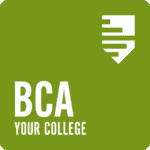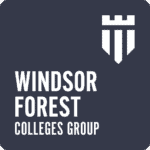This course enables you to develop the skills to progress in your career working with children, alongside your job.
It is aimed at early years and education practitioners who are working with children up to the age of 11 and requires you to be released from your setting to attend Berkshire College of Agriculture (BCA) for a twilight session once a week. (1.15pm until 7.30pm).
This vocational award is a work-based course, and your assignments and lessons are all designed to benefit your professional development. You’ll build upon your experience through modules in areas such as child development, safeguarding, creativity and critical thinking, and working in partnership with parents. College sessions include lectures, as well as tutorials and seminars. The course also incorporates a great deal of group work, which will be an opportunity to share experiences with fellow professionals working in a range of settings.
There is plenty of support available to help you get the most out of your course. You will be given an academic tutor who will have regular one-to-one meetings with you. You’ll also nominate someone from within your own workplace, such as a manager or colleague, to become your mentor. Additionally, you’ll benefit from small learning groups and access to facilities and support at both BCA and the University of Reading.



